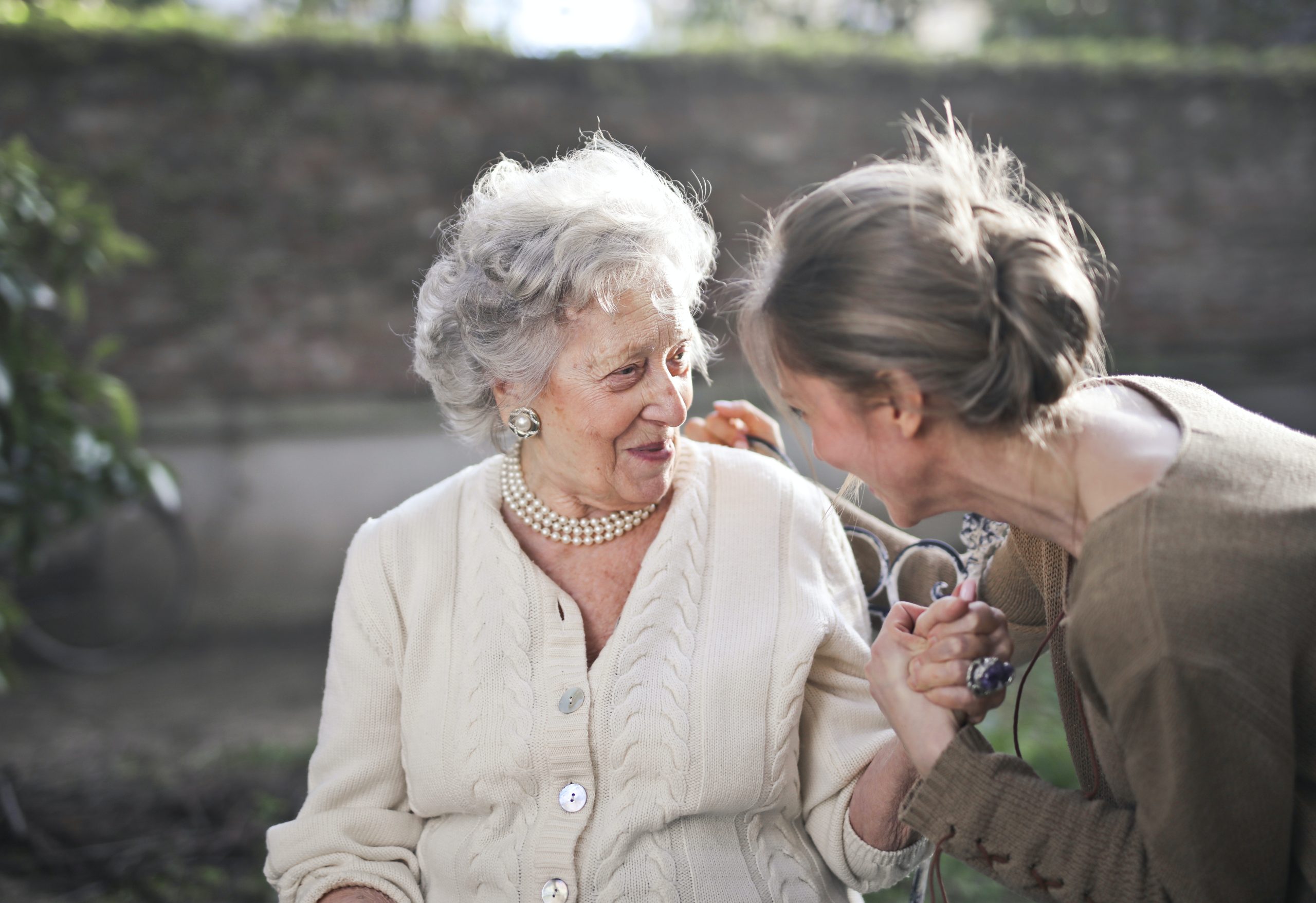How to Address Nutrition and Hydration Needs in Alzheimer’s Care

The image is not directly related to the article. It merely symbolizes the life of elderly people.
How to Address Nutrition and Hydration Needs in Alzheimer’s Care
Why is nutrition and hydration important for Alzheimer’s patients?
What are some common nutrition and hydration challenges faced by Alzheimer’s patients?
Alzheimer’s patients may experience a variety of challenges when it comes to nutrition and hydration, such as forgetting to eat or drink, difficulty swallowing, loss of appetite, and changes in taste preferences. They may also be at risk for dehydration due to decreased thirst sensation, medications, or limited mobility.
How can caregivers ensure that Alzheimer’s patients receive proper nutrition and hydration?
There are several strategies that caregivers can use to address nutrition and hydration needs in Alzheimer’s patients, such as offering small, frequent meals and snacks throughout the day, using colorful and appealing dishes to stimulate appetite, providing plenty of fluids in easy-to-use containers, and encouraging physical activity and socialization during meal times. Caregivers can also consult with a registered dietitian or healthcare provider to develop a personalized nutrition plan.
What are some tips for addressing specific nutrition and hydration challenges in Alzheimer’s patients?
For Alzheimer’s patients who have difficulty swallowing or chewing, caregivers can offer soft foods or pureed meals, use thickened liquids to prevent choking, and provide adaptive utensils such as spoons with larger handles. For those who have lost interest in food, caregivers can offer foods with strong flavors or aromas, or use mealtime as an opportunity for social interaction by inviting friends or family members to join. For patients who have trouble staying hydrated, caregivers can provide fluids in the form of soups, smoothies, or ice pops, and encourage regular sips throughout the day.
What are some warning signs of malnutrition or dehydration in Alzheimer’s patients?
Some warning signs of malnutrition or dehydration in Alzheimer’s patients may include weight loss, dry or sticky mouth, sunken eyes, dark urine, fatigue, confusion, or irritability. Caregivers should monitor these symptoms closely and seek medical attention if necessary.
What are some resources for caregivers seeking information and support for addressing nutrition and hydration needs in Alzheimer’s patients?
Caregivers can find a wealth of information and support through organizations such as the Alzheimer’s Association, which offers resources on nutrition and hydration, as well as support groups and educational programs. They can also consult with healthcare providers, registered dietitians, or home health agencies for personalized guidance and assistance.
The image is not directly related to the article. It merely symbolizes the life of elderly people. How to Address Nutrition and Hydration Needs in Alzheimer’s Care Why is nutrition and hydration important for Alzheimer’s patients? Proper nutrition and hydration are essential for maintaining the overall health and well-being of Alzheimer’s patients. Adequate intake of…
Recent Posts
- Empowering Caregivers: The Best Online and Offline Resources to Enhance Your Skills
- Traveling with a Purpose: The Rise of Volunteer Vacations
- Breaking Stigma: Dispelling Myths about Mobility Aids and Disability
- Avoiding Probate: How Trusts Can Simplify the Estate Settlement Process
- Senior Citizens Beware: Common Financial Scams and How to Stay Protected

